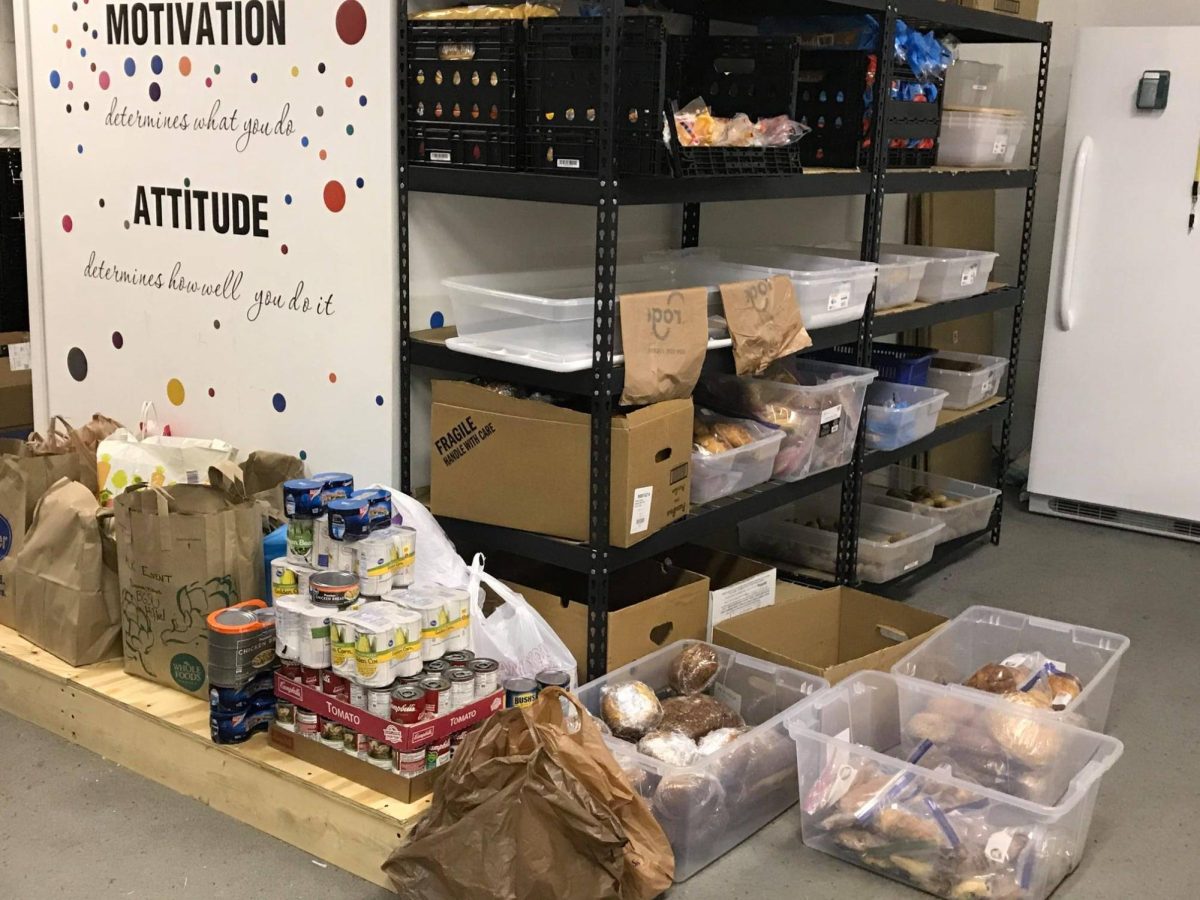1 in 3 college students is facing food insecurity nationwide, and with inflation, limited access, decreased enrollment, campus staff burnout, and more, that number averages even higher. Food insecurity among college students not only affects their physical health, but also their graduation rates, likelihood of success post-college, retention, and mental health.
While most may overlook college students as a demographic experiencing this issue, ignoring the data is difficult. In a national survey conducted by Chegg, Swipe Out Hunger, and Lady Gaga’s Born This Way Foundation, it reported that nearly one-third (29%) of college students have missed a meal at least once a week since the beginning of the pandemic.
According to a report by Ohio University, nearly 40% of students reported that they often eat less than they think they should,
cut the sizes of their meals, or skipped meals to save money, with an additional 32-35% students saying they occasionally have had to do these same things.
In the past year, the Ohio Legislature has taken crucial steps to find an effective solution, led by Representatives Brennan and Dobos, who introduced House Bill 590. The Bill aims to set up a “Hunger Free Campus Grant Program”, which would provide higher education institutions with state funding to address student hunger. It also requires institutions receiving a grant to study and report to the Ohio Chancellor of Higher Education to track the impact of the funding and the scope of the need.
However, despite making initial strides to address student hunger, the state has still fallen short. Although Representatives Brennan and Dobos continue to champion the issue, many other key players, including fellow legislators, the Ohio Department of Education, and even college administrators, have not prioritized this initiative.
On the ground, campuses are seeing the need grow, and despite many implementing amazing programs and resources for their students, there is still a clear barrier to funding and capacity.
“As a student facing food insecurity myself, the lack of progress on the Hunger-Free Campus Bill, such as HB 590, is incredibly frustrating and deeply personal,” said Ashley Alvarez, BGSU Graduate Student and Advocate. “At BGSU, our food pantry serves over 1,300 students, staff, and faculty every month, including people like me who rely on it for basic needs. Without the funding this bill could provide, the pantry struggles to meet growing demand, leaving critical gaps for those of us already facing so much. This isn’t just about food; it’s about stability and having the foundation to succeed. When the bill stalls, it feels like our struggles aren’t being seen or prioritized. Hunger affects our health, mental well-being, and academic success. Progress on this bill would mean acknowledgment and support for every person relying on the pantry as a lifeline. It’s time for lawmakers to act,” Alvarez emphasizes.
With the next legislative session gearing up, and more and more campuses recognizing this need, Ohio once again has the opportunity to support college students at the state level by pushing the Hunger Free Campus bill through the legislature.
“When students are unsure where their next meal will come from, they struggle to focus in class, perform poorly on exams, and are more likely to drop out”, says bill sponsor Representative Sean Brennan, “A Hunger Free Campus program addresses these challenges directly by
providing accessible resources and support systems tailored to meet students’ nutritional needs free from stigma. Such initiatives ensure that no student has to choose between paying the electric bill or buying textbooks or groceries, allowing them to concentrate fully on their
education.”
The impact of supporting basic needs on campus can change the game for so many Ohio students. Pursuing higher education already comes with a sleuth of challenges – tuition costs, new environments, pressure to find your future path – students deserve to have support for the
basic needs checked off their list.




















